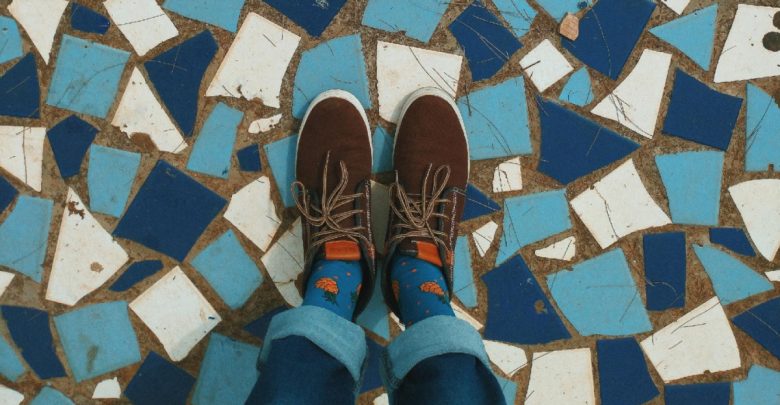Donatas Petkauskas
-
Why did I choose this tool? From our experience, we react differently to unpredicted situations. It depends on our previous experience with something similar, so if we had one, we will know how to react, or if we didn’t have that experience, we can choose different ways to react to the unpredicted situation. How does this apply to being a…
Read More » -
Why did I choose this tool? We introduce briefly seven elements of the improvisation and invite you to try out those elements by practicing. This exercise is excellent at freeing up random associations in your mind. It jogs your mind and makes it aware of possibilities you may have not considered. I sometimes do this as I’m walking to the…
Read More » -
Why did I choose this tool? The ‘H’ Assessment is a simple self-monitoring and self-evaluation tool to explore the positive and negative reasons for your ability to create supportive relationships with learners and to suggest action ideas to improve it. How does this apply to being a trainer? Main content: ‘H’ assessment Time Needed: This activity can be undertaken individually…
Read More » -
Why did I choose this tool? We chose this creative tool as it helps you to practice to be more supportive and accept other ways of thinking. This is an entertaining exercise to practice. How does this apply to being a trainer? The exercise allows for the training of the “ego” of the trainer. This exercise is about letting go…
Read More » -
Why did I choose this tool? One of the authors started to work as a project manager in a business organization and as a new employee noticed that people would discuss issues in different meetings over a few days and couldn’t come up with solutions. When several methods were applied, the issue was solved fast and in different ways. This example…
Read More » -
Why did I choose this tool? Skill to apply the method comes through experience, in this e-learning tool we encourage you to try out one of the method and broaden your awareness about each of the tool. How does this apply to being a trainer? It helps you to have your “box of methods” which encourages creativity, problem solving and…
Read More » -
Why did I choose this tool? In such a variety of tools, we (the authors) use the main techniques which we know will work. But in order to know the differences you should broaden your knowledge and here is a lot of material for e-learning about creativity methods, techniques and moreover some research that is interesting and valuable. This knowledge…
Read More » -
When the definition comes to the explanation of “something new” it is quite difficult to create something new nowadays and it seems everything is been already created. We encourage our groups to think about things, actions, ideas they have never tried before. But, is it easy to think about the things you never thought about? We usually challenge them to…
Read More » -
Why did I choose this tool? We prepared this tool after reading different literature and after trying it out personally. Creative solutions, methods and thinking come when there are no other factors disturbing you and your creativity. We can list lots of blocking factors, but let’s do it together. In this exercise we encourage you to think about factors that…
Read More » -
Why did I choose this tool? These principles are the core of youth work and non-formal education. It is essential to know and follow them. These principles are like an inner compass which helps the trainer to navigate in decision making, while designing education programs, creating methods, building relationships with participants and finding common grounds with colleague trainers. How does…
Read More »









